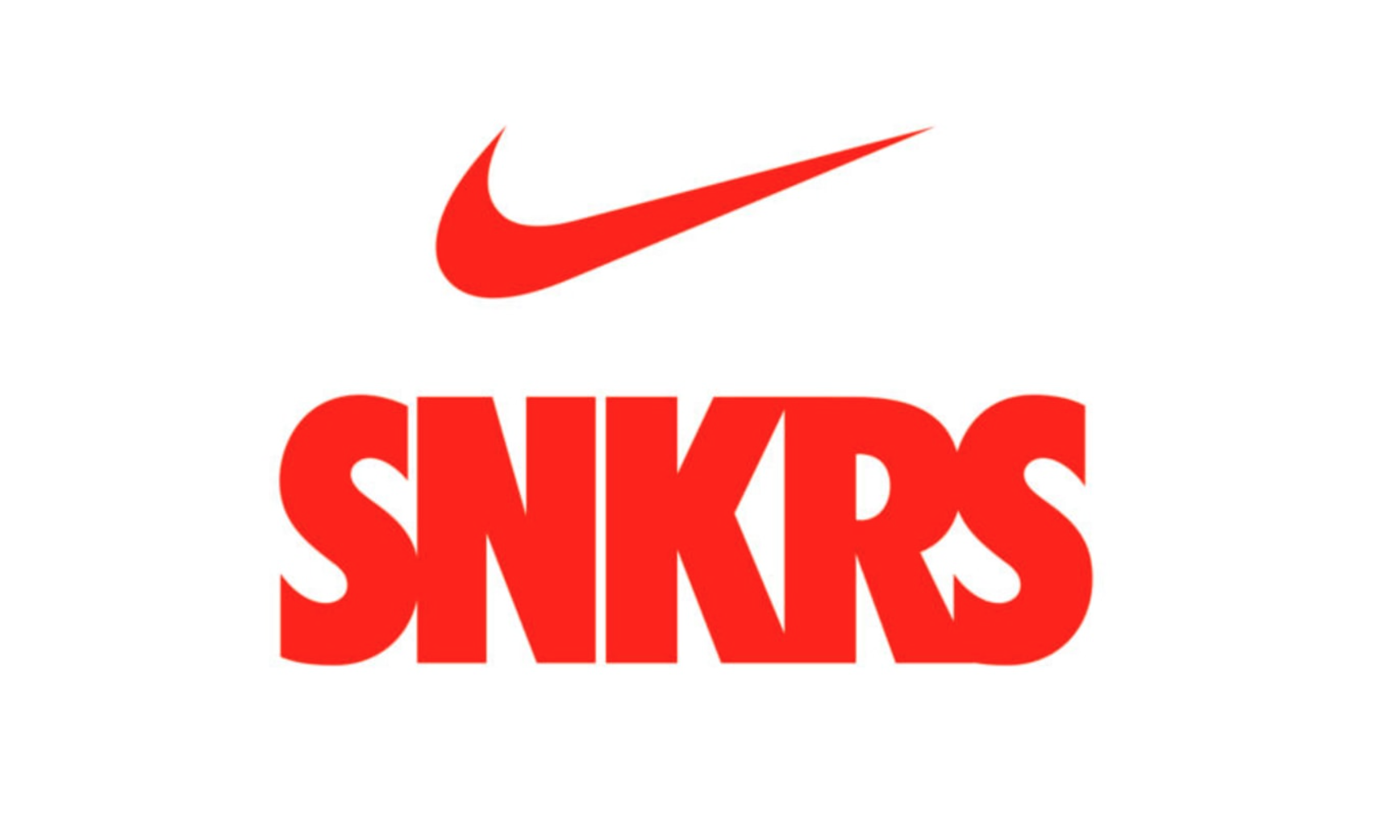Every week, Nike uses an app to alert users of impending drops. As distinct from its regular e-commerce site and corresponding mobile application, this one deals exclusively in limited releases and special products. “While the limited releases that happen through [this Nike-owned] app are just a portion of Nike’s business, which also depends on selling giant volumes of mass-market shoes,” this supplement component “has become an important part of the company’s thriving digital sales,” Quartz’s Marc Bain wrote last year. This special app, which launched back in September 2015, is called SNKRS.
What Nike describes as the “ultimate destination for the releases of highly coveted new sneakers,” the SNKRS app saw business “more than double” in 2019, according to Nike’s former CEO Mark Parker. And sales from the footwear dropped by way of the proprietary app – which, in addition to notifying sneaker-obsessives about upcoming drops, provides them with access to “behind-the-scene stories, SNKRS Drawings, select sneakers reservation, and a launch calendar – amounted to approximately 20 percent of Nike’s “overall digital business” as of last summer.
Given the important role that SNKRS plays in the Nike ecosystem, it is not surprising that the Beaverton, Oregon-based sportswear behemoth has sought to protect its use of the valuable “SNKRS” name. To be exact, counsel for Nike filed four trademark applications for registration with the U.S. Patent and Trademark Office (“USPTO”) early this year in connection with its “SNKRS” venture.
In two of the applications, Nike is seeking federal trademark registrations (and the benefits that come along with them) for “SNKRS” for use on: (1) clothing and footwear; (2) an online marketplace featuring footwear and clothing; (3) services of “providing information, news and commentary in the field of fashion, entertainment, sneakers, popular culture and sports;” (4) and the service of “providing a website that gives users the ability to review various print, photographic, graphic image, and audio and video content.” The other two applications center on the sportswear giant’s use of “SNKRS” in conjunction with its swoosh logo, for which Nike claims uses in the same four classes of goods and services.
After filing the four trademark applications in late January, Nike has (unsurprisingly) received preliminary pushback across the board from the USPTO’s examining attorney. In response to Nike’s “SNKRS” plus swoosh marks, the national trademark body asserted in Office Actions in April that in order for the applications to move forward in the pre-registration process, Nike will need to amend its applications to explicitly disclaim rights in the word “SNEAKERS.”
According to the examiner, because “SNKRS is the phonetic equivalent of ‘sneakers,’” the term “‘sneakers’ … merely describes applicant’s services related to ‘sneakers,’” including its website and information services,” which is problematic, as a word (or phrase, symbol, and/or design) only functions as a trademark when it is capable of identifying and distinguishing the source of the goods upon which it appears and distinguishes those goods from those of other companies. No such source-identifying function occurs when a mark is merely descriptive (or if it is generic).

The USPTO asserts that “a novel spelling or an intentional misspelling that is the phonetic equivalent of a merely descriptive word or term is also merely descriptive if purchasers would perceive the different spelling as the equivalent of the descriptive word or term.” In other words, simply removing the vowels from the word “sneakers,” does not transform this otherwise descriptive or generic word (for a specific type of footwear) into a source-identifying mark. As a result, such applications must come with a disclaimer that establishes that while Nike may have rights in “SNKRS,” it cannot claim rights in the word “sneakers,” itself, and thus, the word remains freely available for other businesses to use in marketing and selling comparable goods or services.
As for the applications for registration for “SNKRS” (without the swoosh logo), the USPTO has preliminarily refused to register those because “the applied-for marks merely describe a purpose and/or use of [Nike’s] goods and/or services.” In addition to being “merely descriptive,” the examiner asserts that Nike’s “SNKRS” mark “appears to be generic in connection with the identified goods and/or services for classes 25 and 35,” namely, clothing and footwear, and “an online marketplace featuring footwear and clothing,” respectively, and thus, may not be “entitled to registration on either the Principal or Supplemental Register under any circumstances.”
(Unlike descriptive marks, which may serve to indicate a single source (and thus, function and be protected as trademarks) if they have acquired distinctiveness through secondary meaning, generic marks can “never act as an indicator of a single party,” according to the International Trademark Association, “since the public perceives and uses them solely as common terms” to refer to a type of product, not its source).
With the foregoing in mind, counsel for Nike may now respond to the USPTO examiner’s letters by making the appropriate modifications (or refusing to do so, as Valentino did in connection with its “Rockstud Spike” mark), and submitting evidence that its “SNKRS” mark has acquired distinctiveness in the minds of consumers, or in other words, that consumers link the “SNKRS” mark to a single source when it is used in connection with the products and services that Nike sets out.
Interestingly, Nike’s SNKRS-specific filings are hardly its first attempt to claim rights in something of an eyebrow-raising mark. The current applications coincide with its ongoing quest to register “Footware” in connection with various sneaker-specific hardware and software products and services. So far, Puma has waged a preliminary fight over that mark, arguing that “footware” is a “merely descriptive” term for technology-driven footwear designs (and not an indicator of a single source), and thus, is not eligible for registration by anyone, including Nike.











